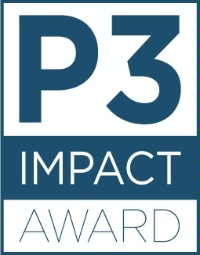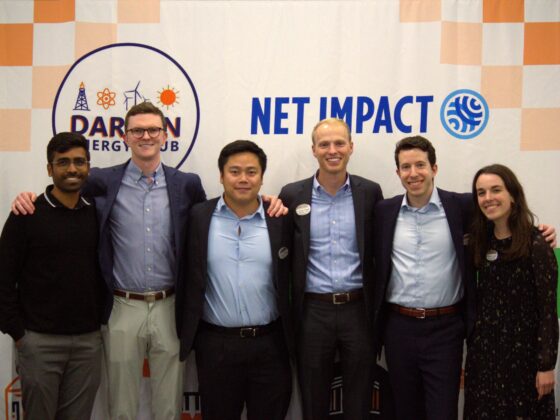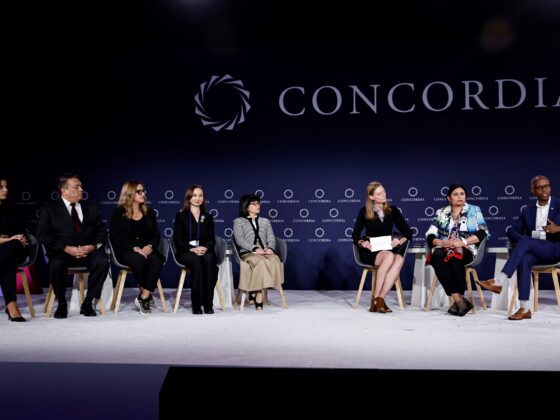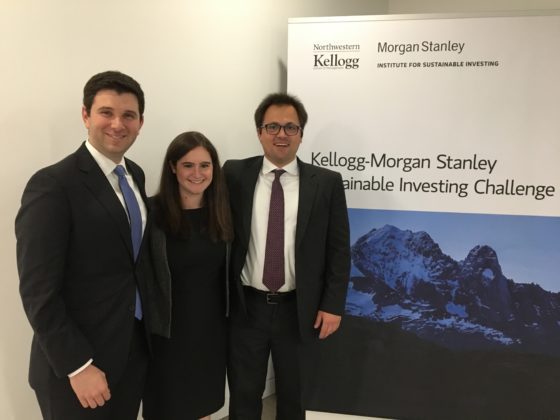The Institute for Business in Society, Concordia, and the U.S. Department of State Secretary’s Office of Global Partnerships are thrilled to announce the finalists for the P3 Impact Award! We look forward to announcing the winner at this year’s Concordia Summit on September 29th in New York City.
The P3 Impact Award was created to recognize public-private partnerships (P3s) that are improving communities and the world in the most impactful ways. The award seeks to highlight best practices and actionable insights in the P3 arena.
2014 P3 Impact Award Finalists:
African Diaspora Marketplace

Today, more than 62 million Americans – a full fifth of the nation – are either first or second generation diasporas. Diasporans play a critical role in contributing to their countries of origin by sending remittances to family and friends. However, diasporans have the potential to contribute even more substantially to a country of origin’s well-being through entrepreneurship and investment. Recognizing the important role that diasporans play as powerful actors in foreign assistance, the U.S. Agency for international Development (USAID), Western Union, and Western Union Foundation partnered to launch the African Diaspora Marketplace (ADM). Originally started as a business plan competition, ADM now offers a comprehensive package of services including: seed capital, technical assistance, market linkages, and access to finance. ADM is now in its third iteration and has served as a model for similar programs in Latin America and the Caribbean. Since 2009, the partnership has assisted 34 diaspora ventures with $2.25 million in seed capital. ADM has become a catalyst to attract nearly $2 million in additional equity capital to help grow these diaspora ventures to the next level of scale and impact.
CocoaLink: Connecting Cocoa Communities
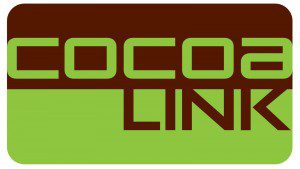
Cocoa villages in West Africa are often isolated and it is difficult for farmers to access information on good agricultural practices. To address this issue The Hershey Company, the Ghana Cocoa Board, and the World Cocoa Foundation partnered to launch CocoaLink. CocoaLink connects cocoa farmers to government agriculture experts and the latest information on modern farming techniques through a two-way mobile phone exchange. Farmers use text and voice messages to receive information and ask questions about farming conditions and practices. The widespread use of mobile phones makes CocoaLink an economical and easy-to-use platform. To date, there are more than 45,000 registered CocoaLink users in 1,800 communities. Compared to non-CocoaLink farmers, on average, CocoaLink users experience a 45% yield improvement and a 70% income increase. Partners will use insights from the Ghana CocoaLink program to extend the program to other cocoa-growing countries in West Africa.
Global Alliance for Clean Cookstoves
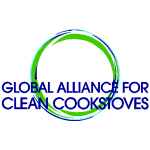
Exposure to smoke from traditional cookstoves and open fires – the primary means of cooking and heating for nearly three billion people in the developing world – causes 4.3 million premature deaths every year, with women and young children the most affected. This issue called Household Air Pollution is now the 4th biggest health risk in the world. The Global Alliance for Clean Cookstoves (Alliance) and its 1,000 partners in the business, civil society, NGO, philanthropic, United Nations, and humanitarian sectors, along with 45 national governments, are working globally to address the devastating health, environmental, gender, and climate effects associated with the use of unsafe cookstoves and reliance on biomass fuels by building a thriving and sustainable market of clean cooking solutions. In just three years, this innovative partnership has successfully helped to spur the growth of 1.6 million clean and efficient stoves in the market to 8.4 million stoves, a crucial milestone in the Alliance’s goal to enable 100 million households to adopt clean cookstove and fuels by 2020.
The Coca-Cola Company & World Wildlife Fund Global Freshwater Partnership

While water covers 70 percent of the planet, less than 1 percent of the world’s fresh water is accessible for people and nature. By 2025, two-thirds of the world’s population may face water shortages, jeopardizing the health of ecosystems around the globe. Because water is essential to nature, communities, and business, the World Wildlife Fund and The Coca-Cola Company launched a transformational partnership in 2007 to help protect and conserve the world’s freshwater resources. The partnership focuses on measurably improving environmental performance across the Company’s value chain, and also works to ensure healthy, resilient freshwater basins in 11 key regions. Since 2004, the Coca-Cola system has improved water efficiency by 21.4 percent and has reduced emissions by 6 percent. The partnership has also seen major conservation gains in river basins around the world, including helping to establish a freshwater reserve in East Africa and a new policy statute in Vietnam.
Wireless Access for Health Initiative
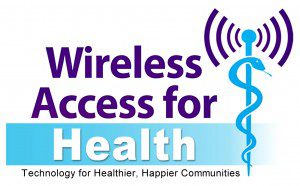
While responsible for managing and delivering healthcare, local government units in the Philippines lack the funding and technical capacity to manage patients. A cumbersome manual system results in lost records and time and compounds already poor health-seeking behavior of patients. A partnership between the Provincial Government of Tarlac and various other stakeholders, including USAID and Qualcomm Incorporated, the Wireless Access for Health Initiative (WAH) is a customizable, open-source electronic health record system. The system enables easy health data validation, patient SMS alerts, mobile modules, a statistics aggregator, and an electronic reporting mechanism. WAH has improved various aspects of the health system in Tarlac, including increased accuracy of health records, 60 percent reduction in wait times, and increased number of preventative visits. WAH is now functioning in 68 clinics in 14 provinces and serves more than 2,500 patients per day.

